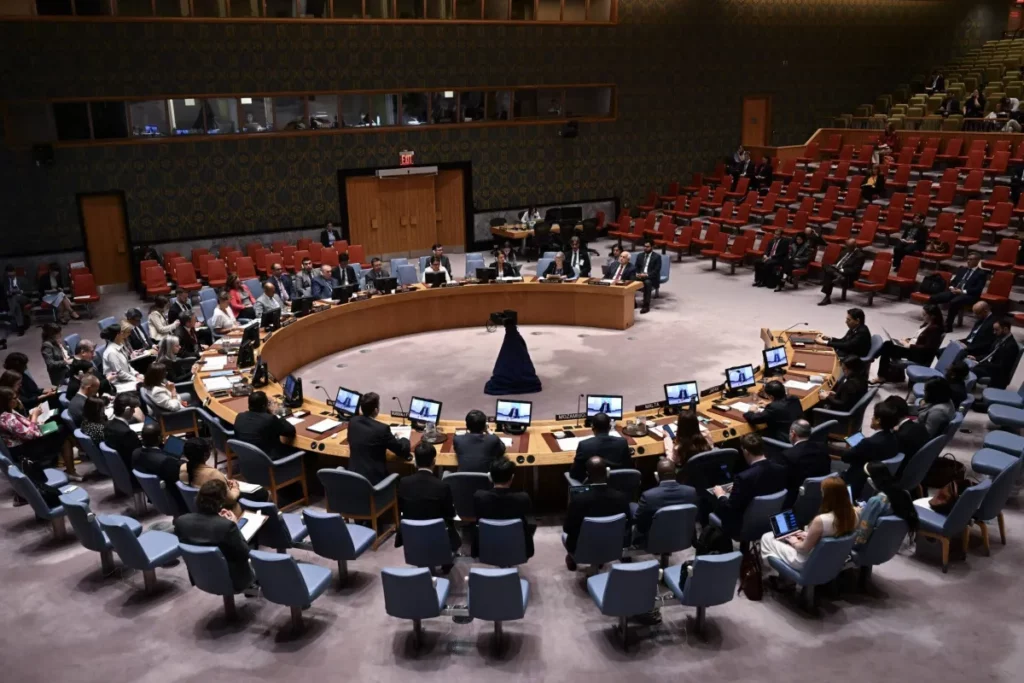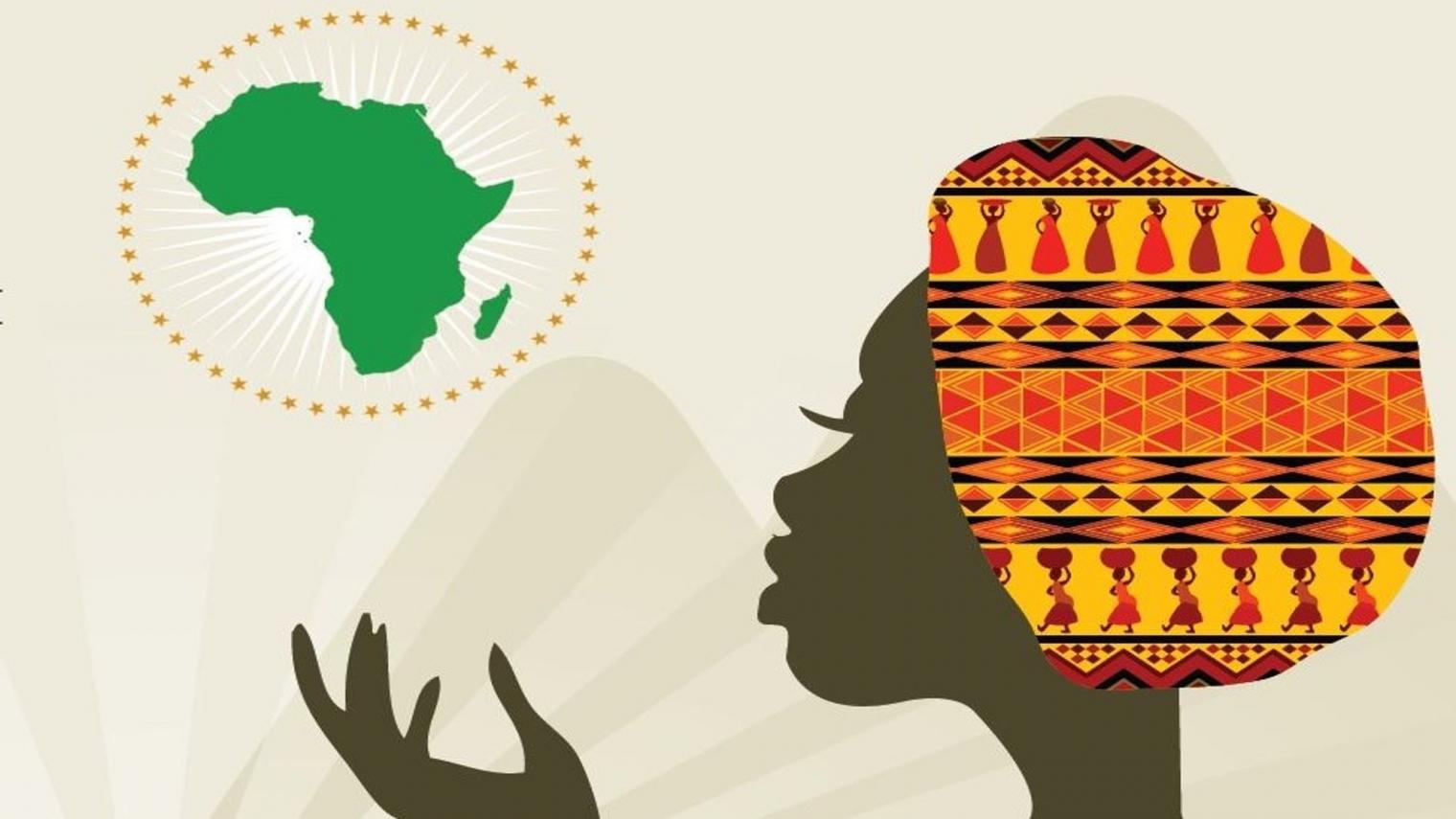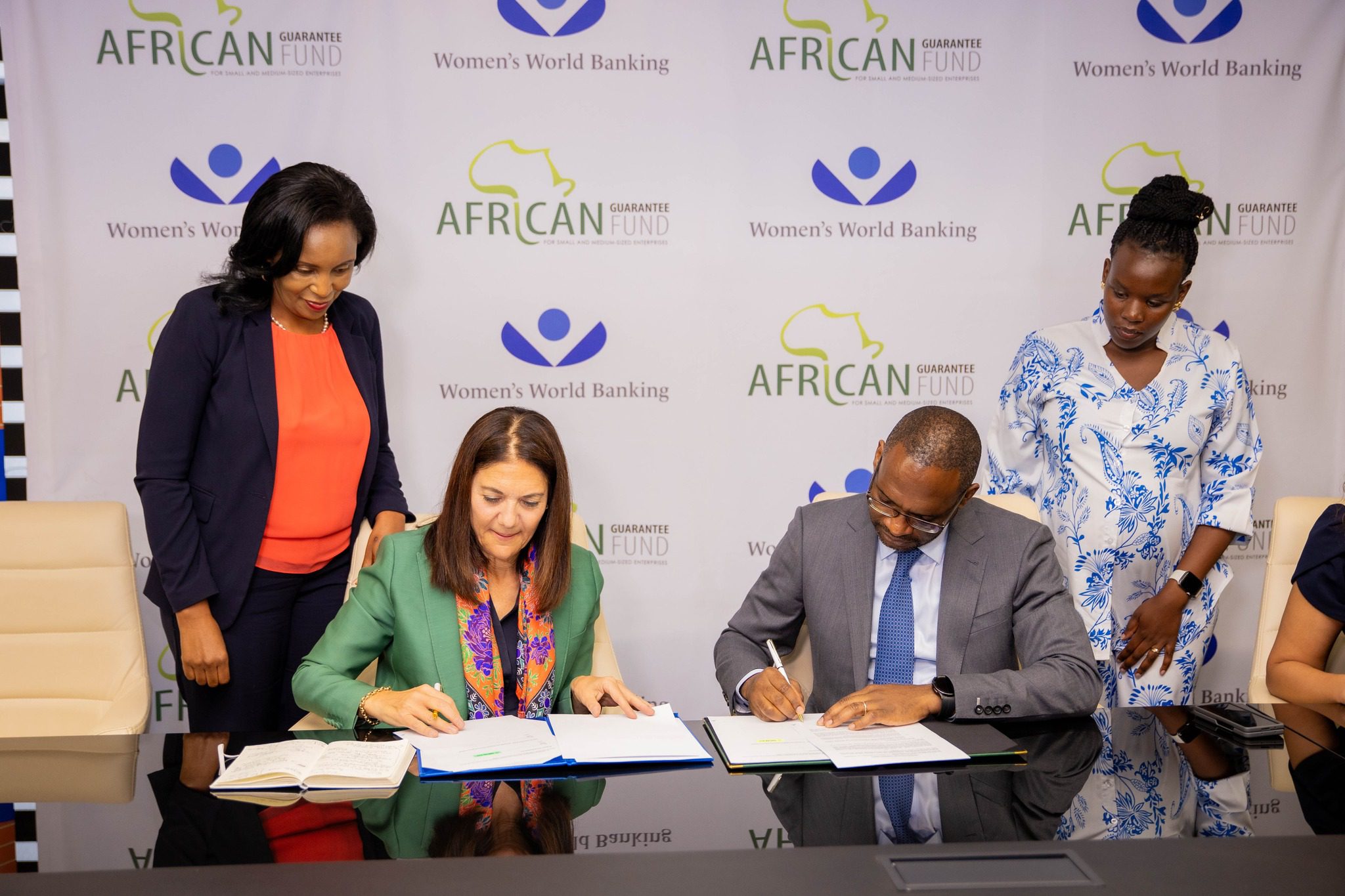

NAIROBI, Kenya, – The United Nations Security Council (UNSC) has been condemned for its failure to bring about lasting peace in Africa, despite passing over 80% of its resolutions on African conflicts in the last decade. A new report by Oxfam titled Vetoing Humanity argues that the UNSC’s actions have left Africa vulnerable to escalating humanitarian crises, exacerbating the continent’s suffering without providing adequate resources to address the growing needs.
The report, which analyzes 23 of the world’s most protracted conflicts over the past ten years, finds that 14 of these conflicts were based in Africa, accounting for 354 of the 450 UNSC resolutions passed during that period. However, none of these resolutions have resulted in lasting peace or significant improvements in the affected regions. In fact, the humanitarian situation in these areas has worsened, with funding levels failing to keep pace with the growing needs.
Oxfam’s Vetoing Humanity report highlights the role of the UNSC’s five permanent members—China, France, Russia, the UK, and the US—in blocking meaningful progress by using their veto power to serve their own geopolitical interests. This abuse of power has been especially harmful in conflicts like those in Ukraine, Syria, and the Israeli-Palestinian conflict, where the veto has blocked resolutions that could have led to peace.
“The UN Security Council was built in a bygone colonial time and is marred by deep inequalities that do not reflect the realities of today,” said Oxfam Africa Director Ms. Fati N’Zi Hassane. “Despite bearing the brunt of both climate change and ongoing conflicts, Africa’s voice remains muted in the corridors of global power. This has robbed Africa of opportunities for peace and sustainable development.”
The report criticizes the UNSC’s “pen-holding” powers, which allow the permanent members to control the direction of resolutions, often according to their own interests. While the UK and France have not used their veto powers in the last decade, they, along with the US, have taken the lead in drafting two-thirds of the resolutions regarding the 23 conflicts studied. Notably, France has been criticized by Mali for “acts of aggression and destabilization,” especially after holding the pen on resolutions concerning the country.
Despite 80 resolutions concerning Sudan, South Sudan, Somalia, and Libya, the UNSC has failed to make significant progress toward peace in these regions. The Democratic Republic of Congo, which has been the subject of 25 resolutions, continues to struggle with chronic underfunding and lack of coordination in the UN mission (MONUSCO). Additionally, Ethiopia’s devastating conflict, responsible for over 380,000 deaths, did not receive a single resolution.
The report also highlights a disturbing trend of neglect toward conflicts, with nearly half of the 23 crises receiving fewer than five resolutions each over the past decade. The humanitarian needs in Africa have more than quadrupled during this time, with the UN’s coordinated appeal for African countries increasing from $10.07 billion in 2014 to $22.3 billion in 2023. Yet, less than half of this amount was met last year.
Oxfam criticizes the fact that humanitarian funding is entirely voluntary, in contrast to mandatory UN member state funding for peacekeeping operations. The lack of stable, predictable funding for humanitarian efforts has hindered progress in addressing Africa’s growing needs. Furthermore, the UNSC has largely overlooked the impacts of climate change and long-term development needs, such as poverty eradication, healthcare, and education—issues essential for stabilizing regions and preventing future conflicts.
“The future of Africa must be shaped by Africans themselves, and the UNSC must empower Africa to address the massive humanitarian and security challenges affecting millions in the region,” added Ms. N’Zi Hassane.
As the UN prepares for the Summit of the Future, Oxfam is calling for significant reforms within the UNSC, including the abolition of the veto power. Oxfam advocates for a new vision that addresses today’s global realities and dismantles colonial legacies. In this vision, Africa must have a permanent seat at the table, with a renewed focus on long-term development and climate security—critical for addressing the continent’s urgent needs and achieving global justice.
Ongoing efforts, particularly from the African Union, are seen as vital in advancing this agenda and ensuring that Africa’s voice is heard on the global stage, driving meaningful change to address the continent’s pressing challenges.


